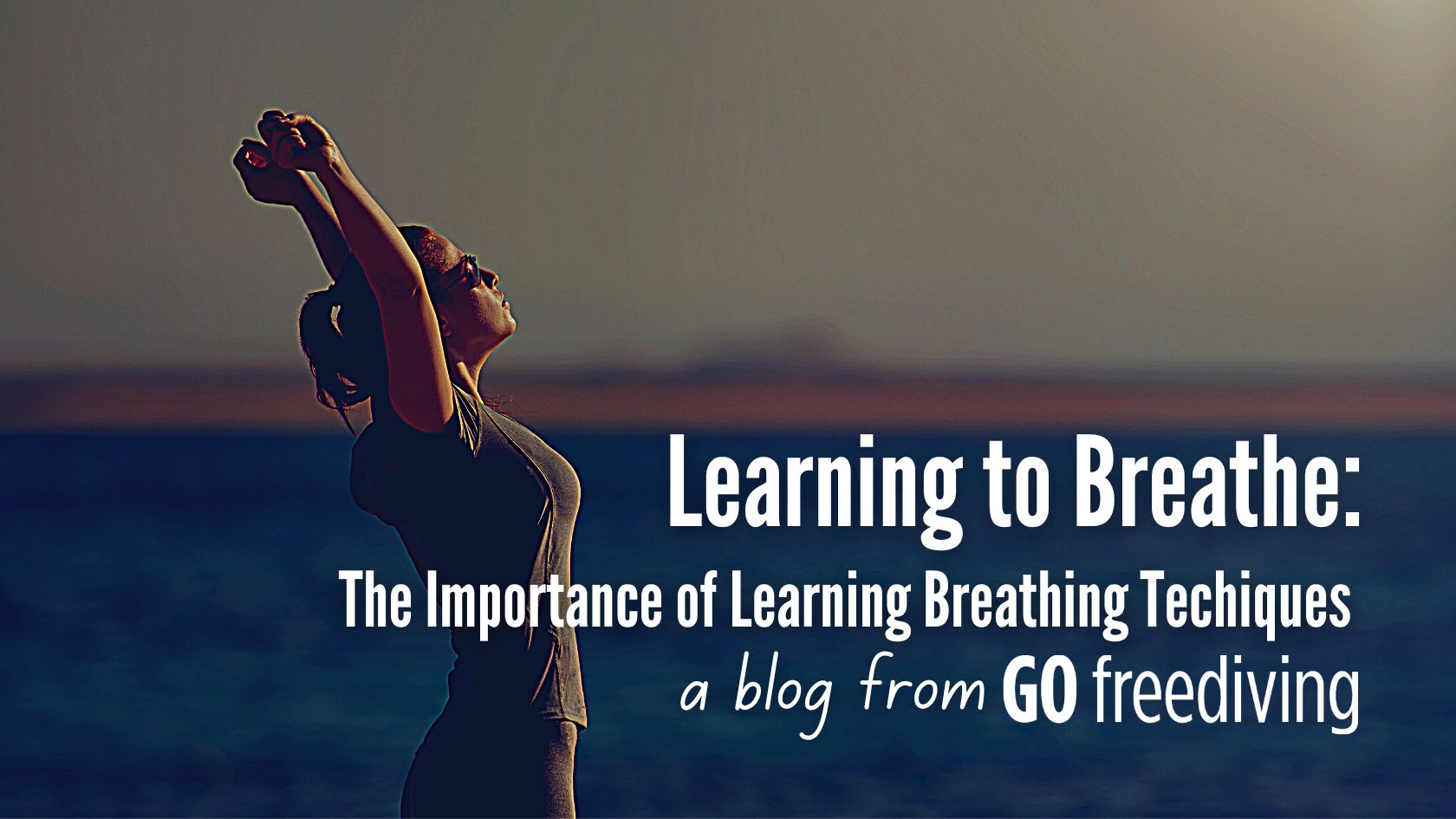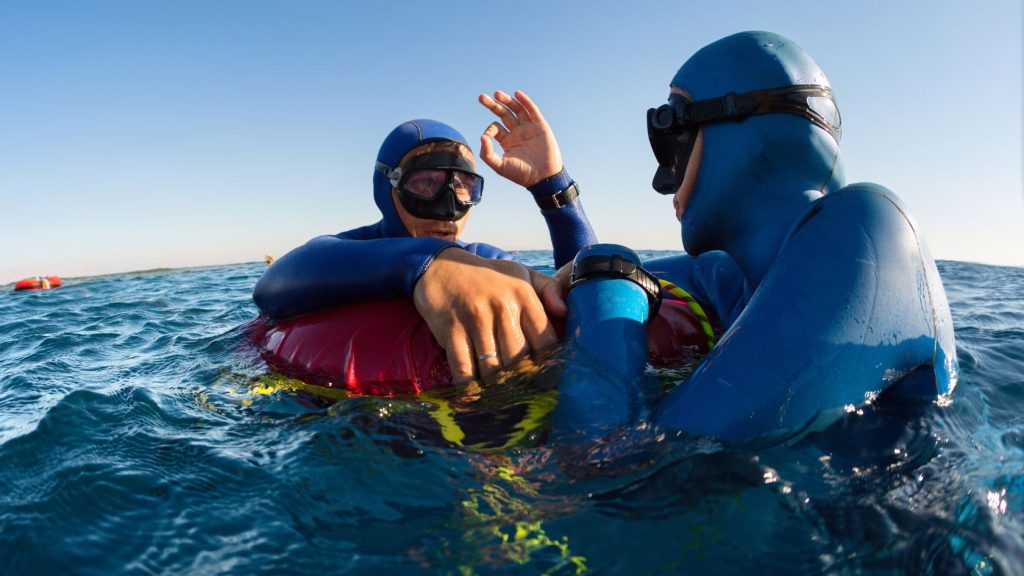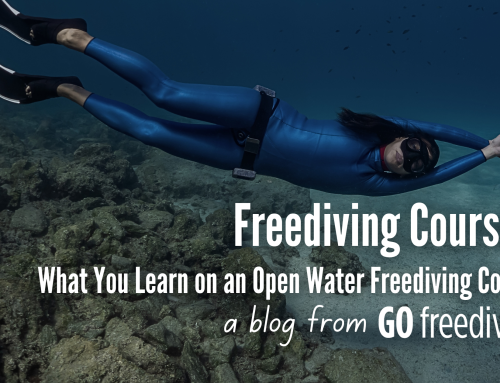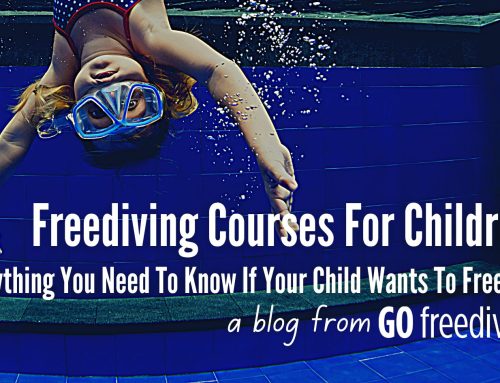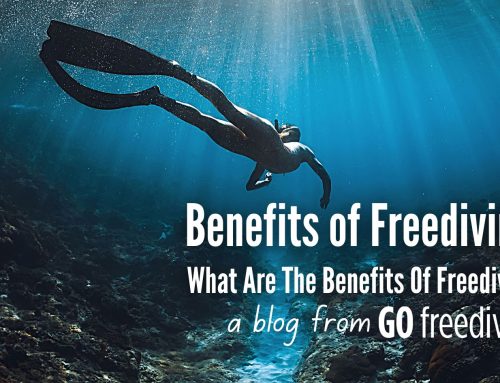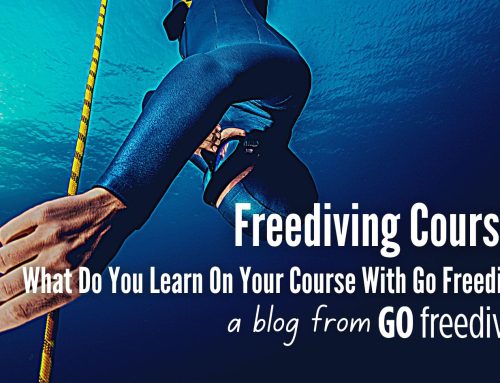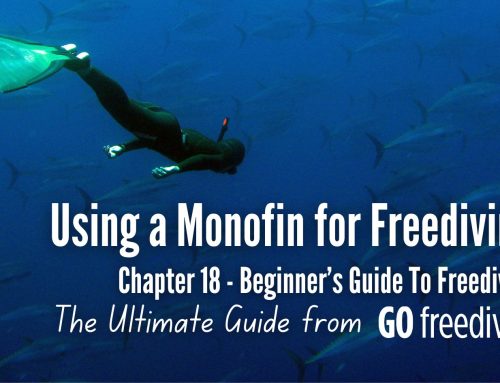Breathing techniques are one of the core skills we teach during a RAID Freediving Course. We focus on learning breathing techniques for before and after the dive. So why is it so important?
Why Learning Breathing Techniques For Freediving Is So Important
Breathing comes naturally to us all, yet it is quite a complicated process and one that many of us are actually doing incorrectly (or inefficiently). Correctly breathing is critical for both a pleasurable comfortable dive, but above all, safety during your dive
It is important that you are learning correct breathing techniques as this will help you avoid hyperventilating or even worse, experiencing a blackout during your course or future freediving adventures.
But You Hold Your Breath For Freediving!
Yes, that is correct, but you can only safely breath hold if you have practiced safe pre-dive breathing exercises and follow your dive with safe recovery breaths. It will also help you breath hold for longer therefore safely extending the length of your dives.
Learning Breathing Techniques: Pre-Dive
In the freediving world, the correct term for the preparation before a dive is called the ‘breathe up’ – which is a passive process – even though it doesn’t sound like it! You actually need to be as relaxed as possible without hyperventilating (almost how you feel in bed, just before falling asleep).
When you’re learning breathing techniques on your freediving course you will discover that the position you adopt when breathing before diving will influence how much oxygen you have in your system for the dive. For example, breathing up while lying flat on your front or back ensures requires the minimum effort and should be easier to take a full breath. Some freedivers are more comfortable preparing in an upright position in water – while this is still possible, it can be more difficult. You will soon discover which is more efficient for you.
On average you should spend around two minutes at the line before you dive to reduce the risk of hyperventilation. Your last breath should be a complete exhalation to empty your lungs of air, and then a complete inhalation to fill them with fresh air. The last breath should be taken in three calm and distinct stages:
- Expand the stomach, filling the lower region of your lungs completely. Your rib cage and chest shouldn’t move
- Expand your rib cage and breathe into the central region of your lungs
- Open your mouth wide (unless breathing through a snorkel) and fill the very upper region of your lungs, the area of your collarbone and throat. You can also raise your head to try to get more air in
Learning Breathing Techniques: Post-Dive
When you return to the surface after your dive, you need practice ‘recovery breathing’. Learning breathing techniques such as recovery breathing during your freediving course is very important as this helps re-oxygenate your body as quickly and safely as possible.
You should not exhale any air until you have reached the surface. This is because exhaling on the way up deprives your body of oxygen and can make you more negatively buoyant.
You should perform recovery breaths after every dive, no matter how shallow or deep, short or long and should be monitored by your buddy for at least 30 seconds.
How Learning Breathing Techniques Correctly Will Help Prevent Hyperventilating and Black Outs
Hyperventilation is, in short, over-breathing. This means breathing more than the body needs at any given time and is something we teach our students about. During our course, students learn to how to identify the signs and symptoms of hyperventilation and how to rescue and treat a person who has been hyperventilating and suffered a black out.
Over-breathing reduces the level of carbon dioxide in the blood, so, if someone over-breathes before a dive, during the dive they will have lower levels of carbon dioxide in their blood, making the dive feel easier. However, hyperventilating is dangerous for freedivers because it can remove the primary urge to breathe, risking a black out even before the diver has left the surface.
It raises the heart rate meaning the body uses oxygen more quickly and can cause the Bohr effect where oxygen bonds more strongly to haemoglobin in the blood making it more difficult for the body to use oxygen.
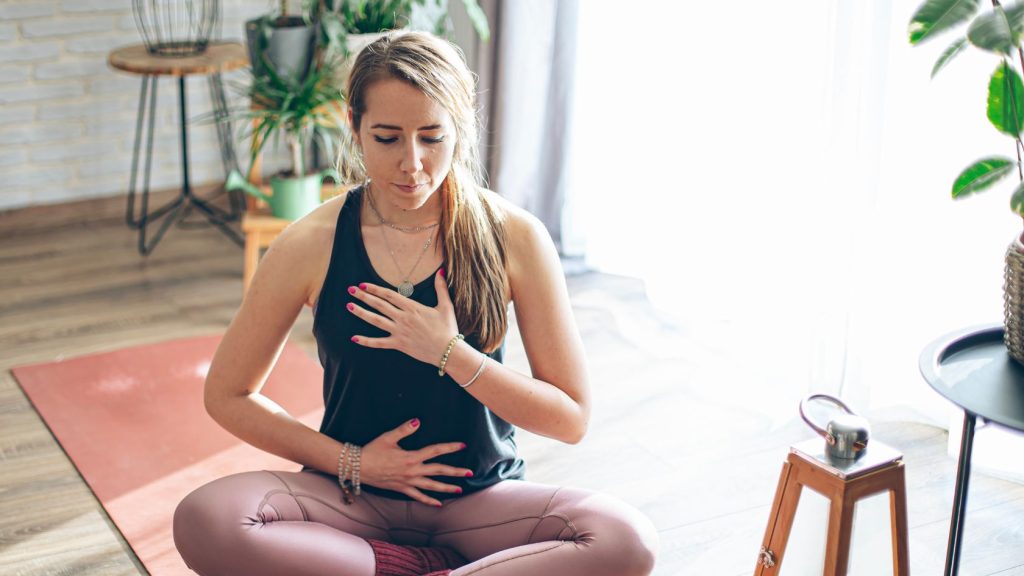
The Added Benefits of Learning Breathing Techniques
Learning to breathe correctly and efficiently will not only improve your freediving it will help you in other sports too. Many professional divers, swimmers and athletes have improved their performance simply by learning breathing techniques correctly with us.
But sport is not the only area where breathing techniques have helped students. We have many students coming to us with mental health conditions such as anxiety, depression, stress etc who discover that the combined effect of pushing limits in a safe environment coupled with breathing techniques they can take away and practice has transformed how they face daily challenges they are presented with.
In addition to this we have had students with medical conditions such as asthma who find that learning breathing techniques has contributed to better overall management of their condition.
Our breathing exercises are designed to help you relax as much as possible before, during and after the dive, but you take those skills home with you too!
If you are interested in learning more about breathing optimisation and how it can help you, visit our sister site: Breathing Optimisation where you can find a range of free recorded classes and information about the benefits.
Here are two 15 minute sessions for you to try
Learning Breathing Techniques with Go Freediving and BreathingOptimisation.com
Go Freediving is the longest established, most experienced and friendliest freediving course provider in the UK, led by world class freediving instructor trainer Emma Farrell, and her team of personally trained instructors. No other course provider has such a good instructor to student ratio, safety record and personal touch which ensures you are learning your freediving techniques from the best!
If you’re a beginner dipping your toes into the world of freediving, a seasoned pro looking to turn professional, or simply a freediver of any level who wants the best freediving holiday in the world, we’re here for you!
Also check out our online guide, The Beginners Guide to Freediving by clicking here!
Want more from Go Freediving?
Scroll to the bottom of our webpage where you can sign up to our newsletter, find the dates for all upcoming trips and courses, read even more blogs, or connect with us on social media!
See you in the water!
